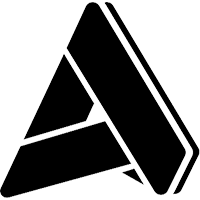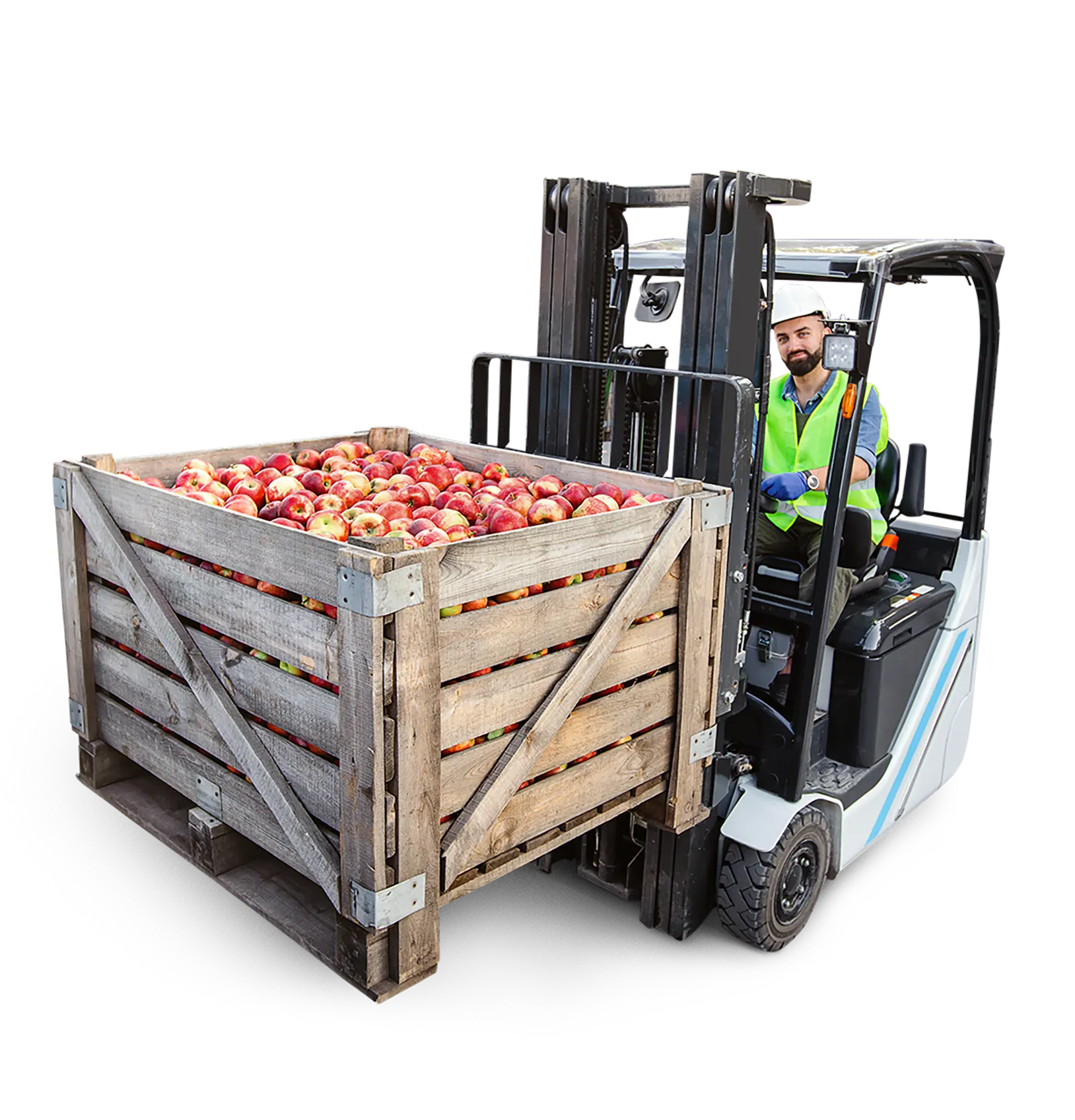Featured in this post
6 Cost-Saving Tactics For Lean Food Production
6 Cost-Saving Tactics For Lean Food Production
Apr 5, 2023
 Aptean Staff Writer
Aptean Staff Writer 
There’s no escaping the tough market conditions affecting the food sector. Inflation, worker shortages, rising energy prices, supplier price increases and other uncertainties are increasing the cost of doing business.
But even amongst these headwinds, there are opportunities for food and beverage companies to drive growth, run leaner and save costs. Aptean is here to help. We’ve put together some cost-saving strategies that will help you streamline production and have a positive impact to your bottom line. Ready to optimize your business for growth in a challenging market? You can download our cost of doing business infographic and check out these six cost-saving tactics.
“By heavily investing in automation, we can now provide a better service to everyone.”
Tactic #1: Automate More Processes to Reduce Labor Costs
The U.S. food industry is facing labor shortages, with around 100,000 CPG manufacturing jobs going unfilled in Summer 2022.
Naturally, this is a concern for food and beverage companies. But what if you turn recruitment challenges into a catalyst for digital transformation?
Process automation is an effective way to offset labor and skills shortages. Instead of replacing people with people, you can invest in new technology to make your current workforce more productive. In fact, research has shown that digitizing data-intensive processes can reduce the cost of doing business by up to 90%.
One of the most effective tools for process automation is enterprise resource planning (ERP) software, like Aptean Food & Beverage ERP. Our ERP technology uses Advanced Workflows to automate and simplify everyday tasks, while the Shop Floor Control module streamlines processes to increase productivity.
Frozen food company, Froster, has already used Aptean technology to streamline its workforce. “For the longest time, we had an employee who did the programming for us,” says Froster’s Managing Director, John Rombouts. “But as you grow, the requirements pile up, increasing the risk if you continue to manage this internally. By heavily investing in automation, we can now provide a better service to everyone.”
Tactic #2: Centralize Vendor Data to Make Smart Sourcing Decisions
Rising material prices are a critical issue for food and beverage companies. 30% believe that supply chain improvements will help them to mitigate risk. Yet many firms are not able to 'buy smart' because of their sourcing and procurement processes.
Supply chain optimization can reduce your costs by up to 25%, and ERP software can support in this area too. Digitizing supplier management will help your business to centralize vendor data, so you can make informed decisions and carry out further actions, such as:
Requesting and comparing quotes to source materials at the lowest possible cost
Comparing supplier lead times with delivery dates to meet customer demand
Tracking shipments to know the exact position of raw materials or completed products
Automating payments to enhance your relationships and help you negotiate a better price
Could your business benefit from interacting with suppliers in a more automated way? Aptean Food & Beverage ERP has a Vendor Item Catalog module that simplifies ingredient reordering so you can create orders faster, view availability and register vendor item numbers to prevent mistakes.
of food and beverage companies believe that supply chain improvements will help them to mitigate the risk of rising material prices.
Tactic #3: Optimize Production Processes to Maximize Throughput
Production can make or break profitability. One in four companies say speed to market is their biggest issue, according to IDC research commissioned by Aptean.
Optimizing the production process using food ERP software will improve your throughput, as you can use the system to identify bottlenecks and automate shop floor processes—something Aptean Food & Beverage ERP user, Enrico Food, knows first-hand.
“Data helps us to keep costs as low as possible and to keep the business running at a fast pace,” says Enrico Food’s Managing Director, Robin Heetkamp.
Of course, it’s not just good scheduling and smooth processes that drive throughput. The performance of your assets will also impact production speed and reliability, and Aptean software can help you maintain production assets to optimize equipment performance.
Our OEE solution measures asset performance to help organizations make fact-based decisions on what to improve.
There are further solutions your company can explore to reduce production costs too. For example, Aptean EAM optimizes asset performance by streamlining work order management. This gives your technicians more time to perform proactive inspections and take preventative measures. Aptean has already helped ingredients producer CoreFX to digitize its preventative maintenance program and increase work order visibility.
Tactic #4: Switch to a FEFO Ingredient Model to Reduce Food Waste
Reducing food waste is a major goal for most food companies with nearly 40% of food sector firms prioritizing sustainability to mitigate risk.
But it’s not just environmental targets driving ‘green’ decisions. One in four small and mid-sized organizations have made cost savings through sustainability projects. Reducing waste and energy expenditure is good for your bottom line as well as our planet.
Digital transformation can help to make food production more waste efficient. For example, an ERP system with automated reordering capabilities minimizes storage, so fewer perishable goods go bad before they are used.
ERP software can also change the way you use ingredients to limit spoilage by moving to a first expire, first out (FEFO) model to prioritize goods with the shortest shelf life. Aptean Food & Beverage ERP includes an Expiration Management feature that helps ensure perishable ingredients are used in sell-by date order.
The other major source of waste in food production is quality control, as compliance errors can result in whole orders getting discarded. The financial consequences are even greater if quality control issues aren’t discovered until the product has reached the end customer: the average product recall costs food companies $10 million in lost sales and reputational damage.
ERP software can help food manufacturers to stop quality control issues impacting production. For example, Aptean Food & Beverage ERP features Recipe Control tools to enhance ingredient precision, tying recipes to specific SKUs. Our ERP solution also includes a Quality Control feature that you can use to define quality standards, digitize QC checks and trigger alerts if inspection status requirements are not met.
When it comes to product recalls, a robust tracking system will help you to identify the source of contamination and recall affected products as quickly as possible—and Aptean Food & Beverage ERP provides full backward and forward lot traceability.
“Data helps us to keep costs as low as possible and to keep the business running at a fast pace.”
Tactic #5: Reduce Your Distribution Mileage
We’ve already discussed the relationship between sustainability and profitability in the production process. But you can also cut both carbon and costs in your distribution process too.
Many food and beverage companies have successfully reduced logistics costs by optimizing routes and reducing the size of their fleet using routing and scheduling software.
Efficient route planning cuts costs by reducing fuel consumption, as your drivers are traveling fewer miles per drop. It can also increase the number of jobs per vehicle, so you complete deliveries using the lowest possible number of trucks and drivers. In addition to saving money on fuel and wages, these changes help to reduce your maintenance costs too, as you are managing vehicle wear and tear and extending the lifetime of your fleet.
The best route optimization software calculates schedules based on dynamic information such as telematics data from your vehicles. For example, Aptean Routing & Scheduling software allows you to divert routes and reallocate loads based on real-time conditions, so you’re always finding ways to minimize distribution costs.
When UK bakery chain Greggs started using Aptean Routing & Scheduling software the company improved vehicle utilization by 30%. It also removed almost 900 miles per week from local plans, reducing fuel usage by 2%.
Tactic #6: Integrate Your Business Software
We’ve analyzed the benefits of several software solutions in this article, all of which add value individually. Yet all too often, food companies miss out on significant cost-savings by failing to connect those solutions to one another.
Integrating your business systems will help to ensure you’re running a lean production environment. Connecting data and actions drives seamless processes and facilitates smart decisions that can improve the accuracy, efficiency and speed of food production.
System integration is also important for making the most of your team’s time. Employees don’t have to enter data several times if everything’s working in sync. They can use the combined information from each system to extract valuable data insights.
As an fully integrated, standalone solution, Aptean Food & Beverage ERP combines multiple digital processes into one system. However, it also integrates with many other Aptean solutions we’ve featured via the cloud, including OEE, Aptean Routing & Scheduling and Aptean Pay.
Plus, Aptean's food ERP integrates with software that can further reduce your cost of doing business, such as Aptean EDI for easier data exchanges and business processes.
Business intelligence (BI) capabilities help you turn data from each system into profit-driving insights. For example, our BI tools enable you to:
Compile detailed cost analysis reports to reveal sources of waste
Track KPIs to measure and benchmark profitability
Model ‘what if’ scenarios to optimize how variations in your production process impact your bottom line
Aptean Business Intelligence tracks over 500 KPIs, including more than 300 that are specific to the food and beverage industry.
small and mid-sized organizations have made cost savings through sustainability projects.
Reduce Your Cost of Doing Business With Aptean Technology
Ultimately, there’s no single change you can make to guarantee profitability. To thrive in a challenging environment, you need to find every opportunity to run lean—without compromising on quality.
Aptean’s food solutions can deliver the cost-saving measures you need to propel business growth even when the cost of doing business is increasing.
Our technology has been recognized as industry-leading by sector experts. Aptean ERP received Frost and Sullivan’s 2022 Product Leadership Award for North American ERP Software for the Food and Beverage Industry. It was also named a Major Player in two separate 2022 IDC MarketScape reports. Aptean was also named a finalist for Best Software as a Service – USA (SMB) at The Cloud Awards 2022-23.
But what truly separates Aptean from the competition is our strength and depth of knowledge. Aptean’s food and beverage team has decades of collective expertise; we understand the challenges your business faces and can help you apply the right solutions to overcome them.
Book your Aptean software demo to find out more about our food and beverage solutions. You can also download our cost of doing business infographic for a summary of these cost-saving tactics.
Sustainable Production and Distribution
Sustainable food production and distribution is easier to achieve when broken down into a play-by-play strategy. Aptean has collated key plays to help optimize your sustainability strategy.



